Category: Children
-
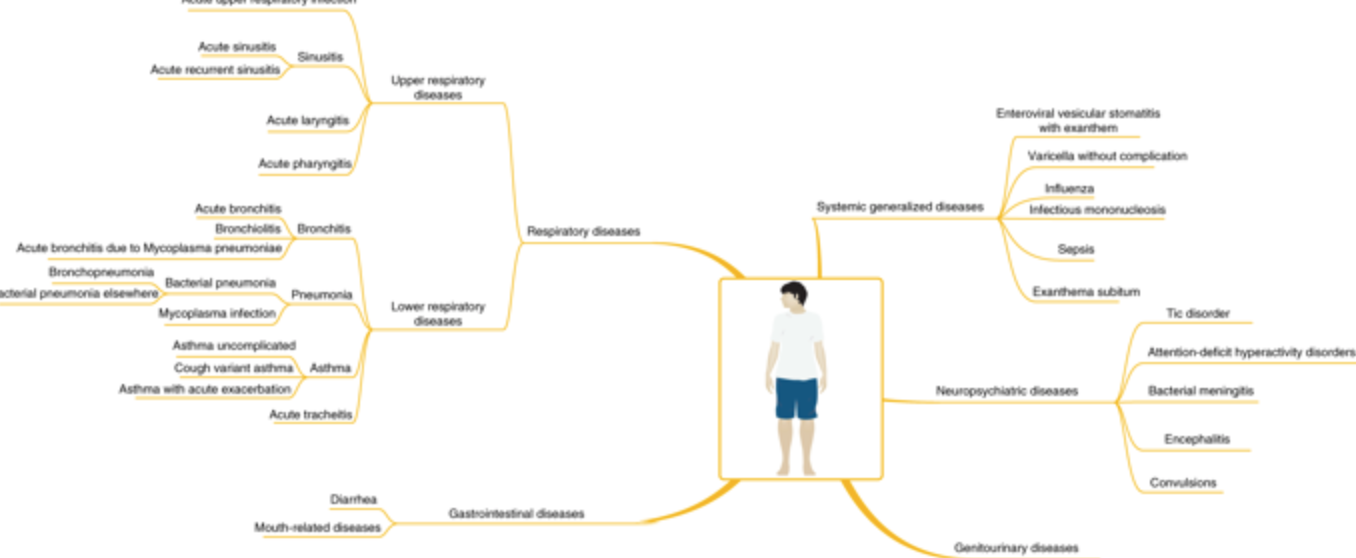
Study: AI accurately predicts childhood disease from health records
Xia Huimin and Guangzhou Women and Children’s Medical Center researchers used AI to read 1.36 million pediatric health records, and diagnosed disease as accurately as doctors, according to a recent study. Common childhood diseases were detected after processing symptoms, medical history and other clinical data from this massive sample. The goal is the diagnosis of complex…
-

Immersive media system reduces pre-surgery anxiety
BERT (Bedside Entertainment Theater) is a non-medical technique used at Lucille Packard Children’s Hospital to reduce stress before surgery. It is meant to be a safer, entertaining alternative to anti-anxiety drugs, which are often given pre-anesthesia, and could affect the recovery process, or impact developing brains. BERT is an immersive media experience, consisting of a mobile projector and…
-
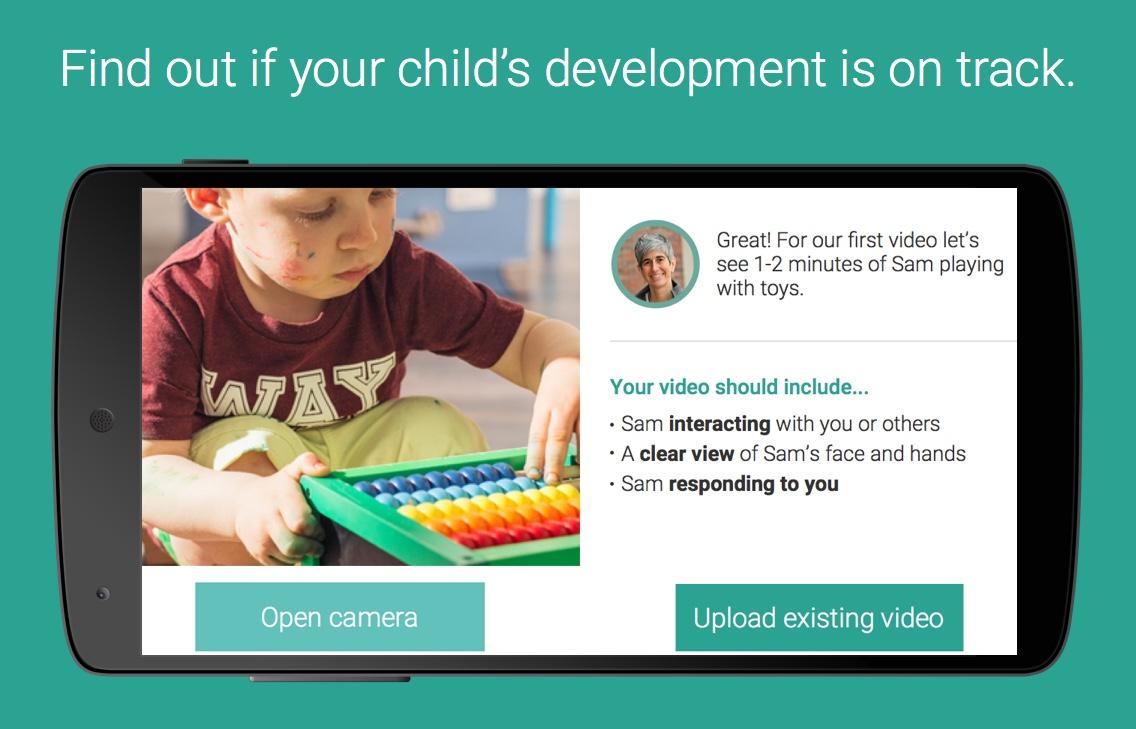
App identifies early signs of autism
Cognoa is an app that asks parents to answer 15 questions about behavior to indicate whether their child is at risk of autism. It is based on data from 10,000 children and validation studies led by Stanford professor Dennis Wall. The system focuses on specific behaviors from standard diagnostic instruments that have the highest value for…
-

Brain imaging technique identifies autism
Virginia Tech Carilion Research Institute professor P. Read Montague has developed a brain imaging technique that may be able to identify autism in children. Current diagnosis is a long an unquantifiable process based on clinical judgment. The study demonstrates that a perspective tracking response can be used to determine whether someone has autism spectrum disorder. It investigates…
-
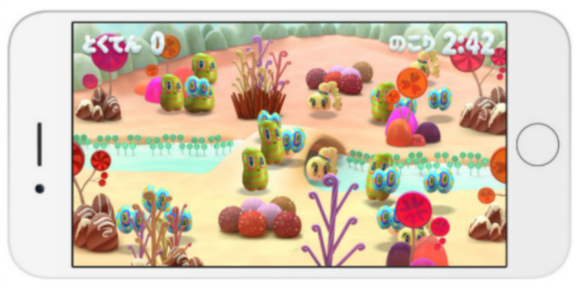
Smart, gamified children’s toothbrush
In an effort to improve children’s oral health, the GUM Smart Toothbrush attachment uses acceleration and other sensors to determine ideal brushing patterns. The information is sent in real time, via Bluetooth, to a smartphone. Brushing movement and timing is analyzed, recorded and displayed. Previous data is available to gauge progress. Children then participate in a…
-
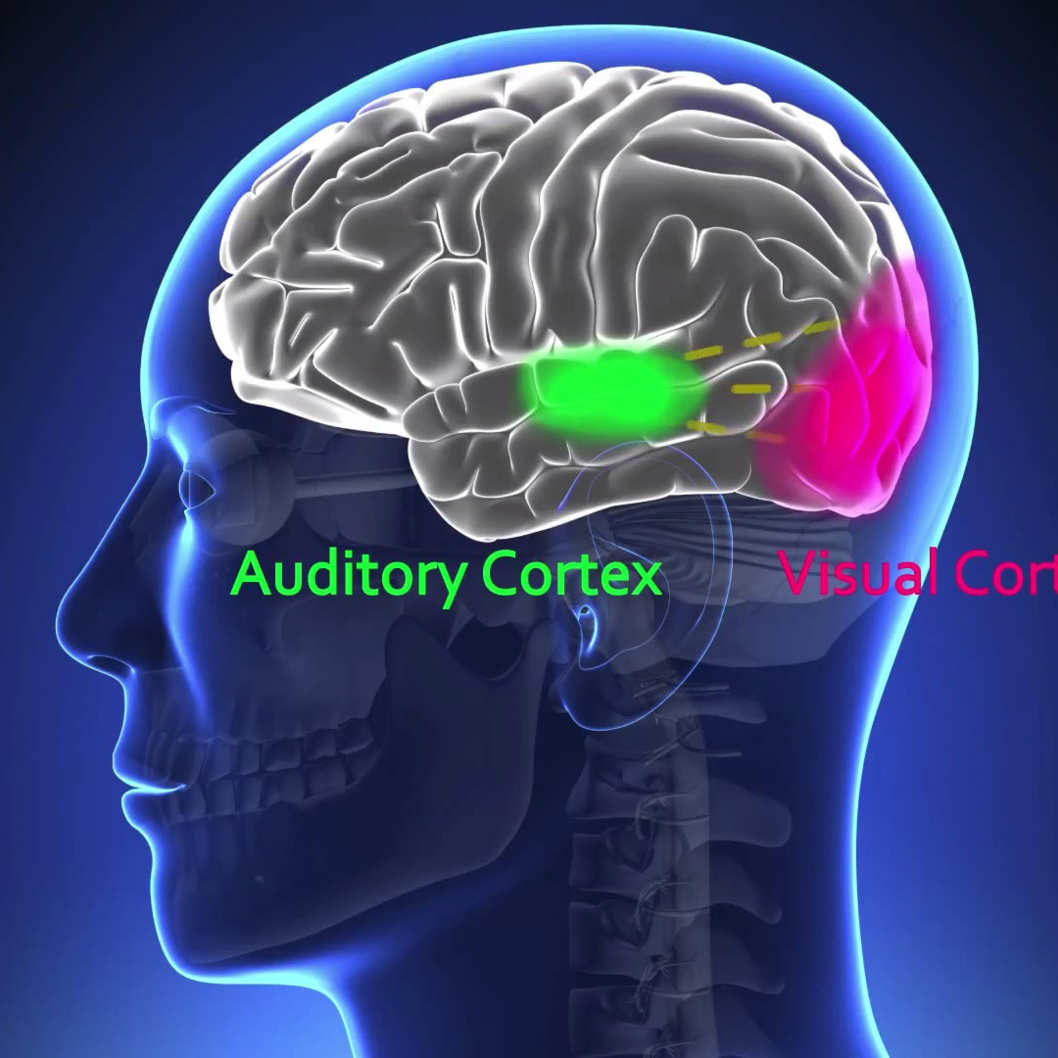
EEG could lead to earlier autism diagnosis
Albert Einstein College of Medicine professor Sophie Molholm has published a paper describing the way that autistic children process sensory information, as determined by EEG. She believes that this could lead to earlier diagnosis (before symptoms of social and developmental delays emerge), hence earlier treatment, which might reduce the condition’s symptoms. EEG readings were taken from 40…
-
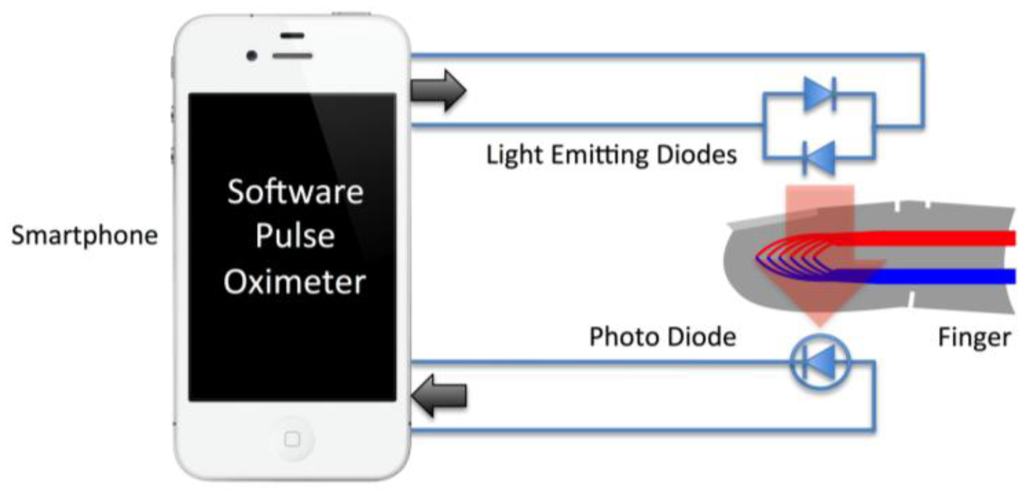
Phone pulse oximeter detects preeclampsia, pneumonia
Christian Petersen and colleagues at the University of British Columbia have developed a low cost smartphone pulse oximeter. Its light sensor attaches to a user’s fingertip to measure blood oxygen levels. Software analyzes and simply displays the data on a phone, tablet or computer. The phone oximeter can measure heart and respiration rates, and be used…
-
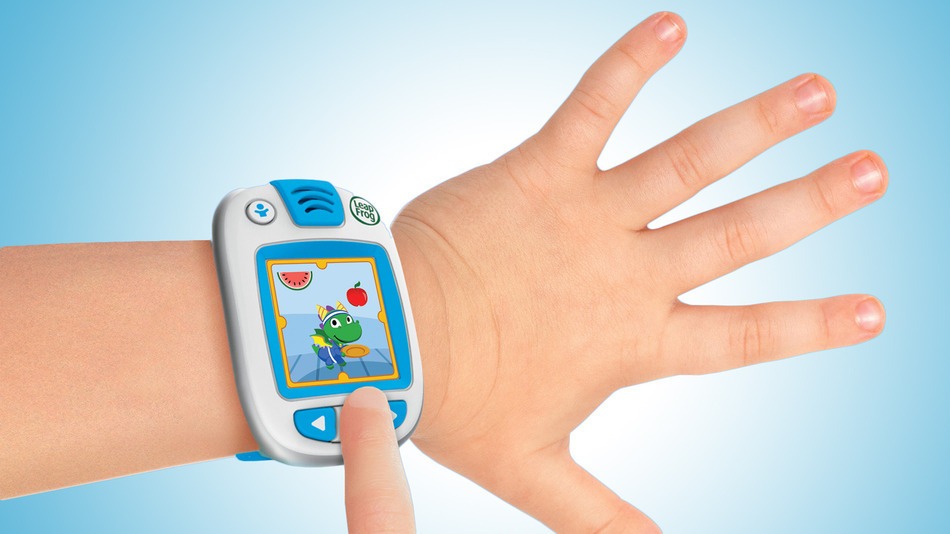
Gamified wearable activity monitor for kids
LeapFrog has embraced the wearables trend with a gamified fitness band for children aged 4-7. The Leapband screen displays a personalized virtual pet which guides a child through a series of activity challenges and games. The more active they are, the more points they win, and the more games they are able to unlock of…